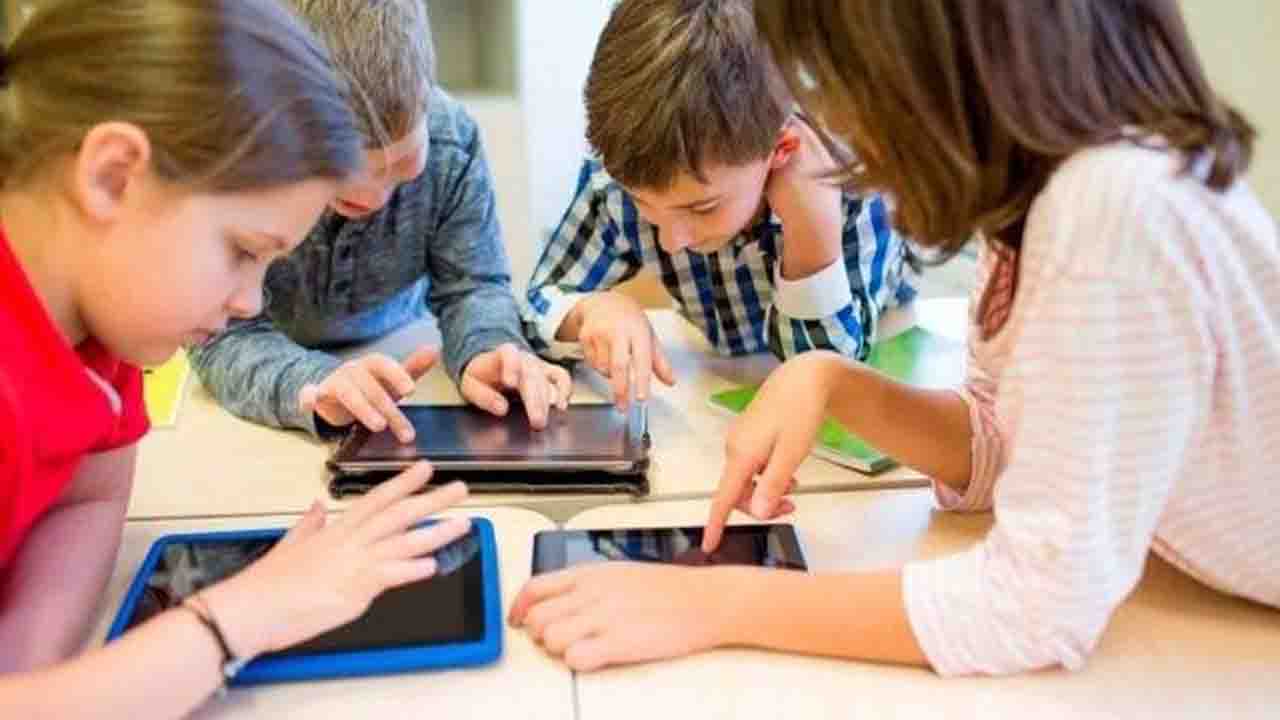
Decline of Teen Literacy: A Global Wake-Up Call
Pitchwars – Decline of Teen Literacy has emerged as one of the most pressing educational challenges in recent years. In Queensland, more than half of Year 9 students around 15 years old are failing to meet basic literacy standards, according to a report highlighted by opinion writer Madonna King. This issue is not limited to one region but reflects a broader global trend where the skills of reading and writing are increasingly under threat.
The findings point to a worrying reality: literacy, once seen as a cornerstone of education, is losing ground among today’s youth. As digital devices dominate daily life, traditional reading practices are being replaced by shorter, screen-based interactions. Experts warn that this shift threatens not only academic performance but also long-term critical thinking and communication skills.
Factors Behind the Decline
Decline of Teen Literacy can be traced to three major factors. First, the overwhelming presence of smartphones and digital entertainment consumes much of the time once spent reading books. Second, a lack of adult role models who actively read contributes to the decline, as children often mirror the habits they observe at home. Finally, outdated or uninspiring approaches to teaching literature leave students disengaged, making reading feel more like a chore than a rewarding activity.
“Middle East Investments: The Future of Global Sports”
Madonna King emphasizes that these influences combine to create a cycle that weakens both reading comprehension and writing ability. Without intervention, this pattern may deepen generational divides in literacy and widen educational inequalities.
Rebuilding a Culture of Reading
Decline of Teen Literacy is not an issue that schools alone can solve. As King argues, the revival of reading must begin at home. Families play a crucial role in shaping habits, from encouraging bedtime reading to fostering discussions about books. The presence of a book beside a child’s bed instead of a smartphone could make a significant difference in nurturing lifelong reading skills.
Globally, educators and policymakers are also exploring new methods to inspire students. Including integrating technology with reading programs and promoting diverse, relatable literature. The challenge now lies in uniting communities, schools, and families to restore the value of literacy. Without such a collective effort, the next generation risks losing one of its most vital tools for growth and empowerment.